This omnichain protocol seeks to offer better interoperability for blockchain space
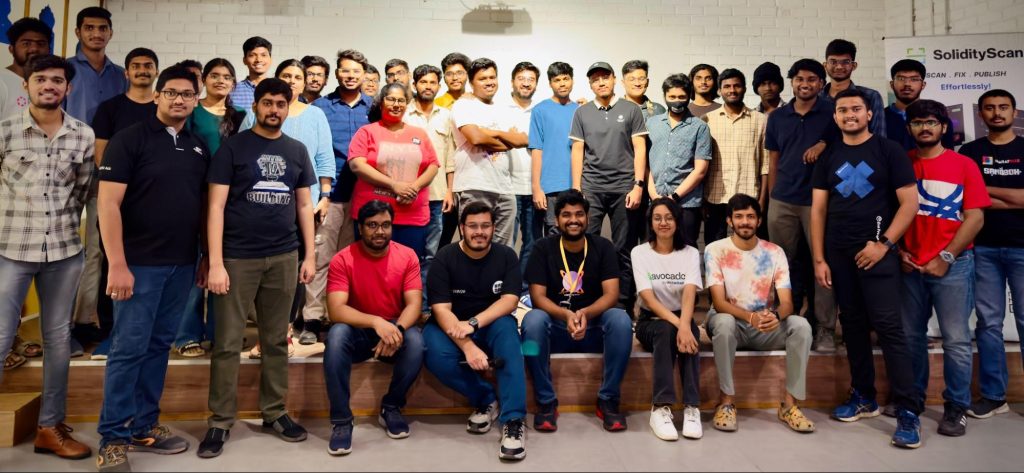
The growth of blockchain space makes interoperability a crucial requirement for decentralized apps to perform efficiently. This omnichain network aims to deliver.
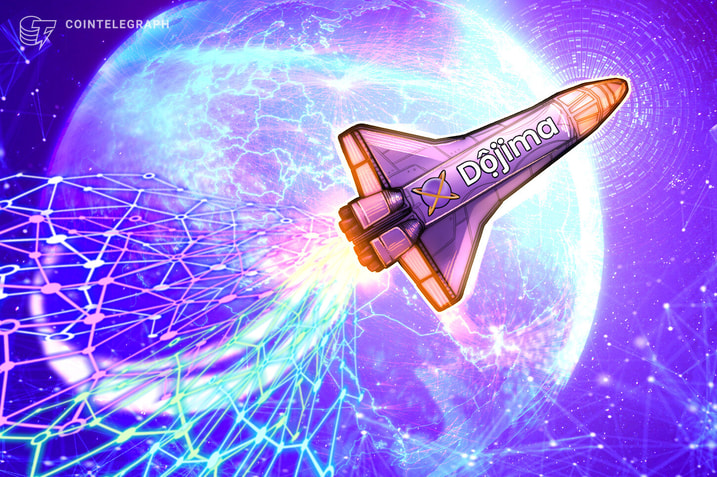

Dojima Network enables EVM and non-EVM cross-chain interactions while providing a playground for developers, ushering in a new era of blockchain efficiency and simplicity.
The blockchain ecosystem has grown into a trillion-dollar industry with the rise of cryptocurrencies. As the blockchain space expanded and evolved, the smart contract functionality gave birth to thousands of DApps, which are decentralized Web3 applications made possible by blockchain.
The multitude of blockchain networks and DApps, along with core promises of blockchain such as decentralization, raises a fundamental question: How can blockchains be rendered to communicate and work together?
Blockchain interoperability with omnichain approach
Since blockchains are not inherently interoperable, the fragmented ecosystem swarms with diverse layer-1 and layer-2 networks. Achieving seamless integration between blockchain requires taking an omnichain approach for developers. However, the number of standardized marketplaces and tools for building cross-chain protocols and faster DApps is limited.
Dojima Network offers an omnichain platform that serves as a universal layer and unifies blockchains regardless of their compatibility with EVM — Ethereum’s smart contract executer Ethereum Virtual Machine. The platform includes a marketplace that supplies developers with a wide range of powerful tools.
By reducing the technical barriers to cross-chain building and eliminating the need to create from scratch, Dojima — a Cointelegraph Accelerator participant — empowers developers with the ability to build complete applications from templates in just a few minutes.
After 15 months of testnet launch and 100,000 hours of development, Dojima recently launched its stagenet — the alpha version of its mainnet. During this phase, Dojima Network will onboard partner blockchains to allow them to test stagenet functionalities before eventually deploying them on the mainnet. The stagenet processed more than one hundred transactions within the first 24 hours.
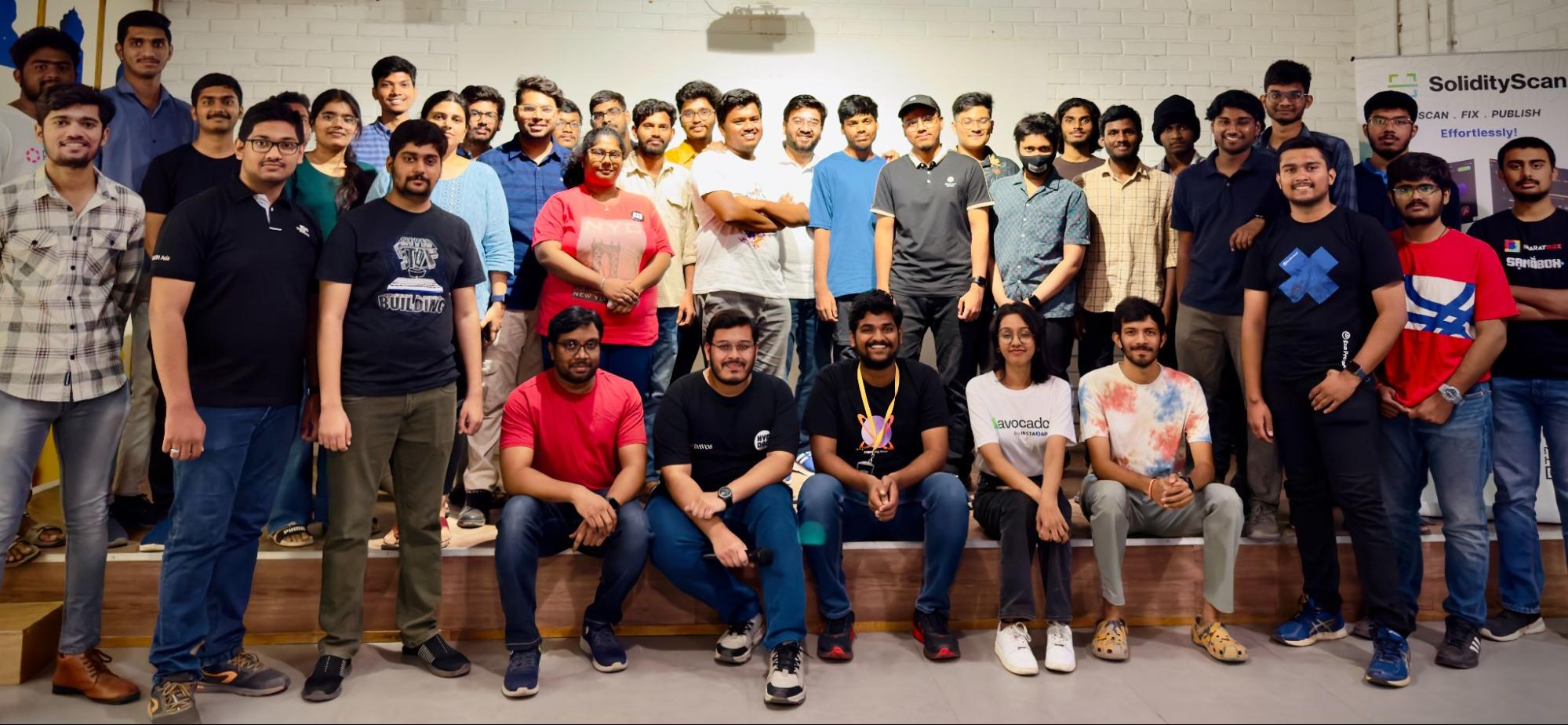
Dojima Network has expanded its team since 2021’s “crypto winter.” Source: Dojima Network
The omnichain platform employs a user-centric approach, focusing on attracting a diverse range of developers with its robust marketplace and tools rather than onboarding the same players. The ecosystem is composed of two overlapping chains. The Dojima Chain is the fundamental layer, and it hosts development-related activities, while the Hermes Chain connects the Dojima Chain to external blockchains and enables interaction and liquidity sharing between them.
With its comprehensive infrastructure, Dojima Network aims to be more than a bridge and function as a unified layer for blockchains. It strives to redefine standards for asset and data management and utilization, improving blockchain efficiency and simplicity as a result.
The road to mainnet
The Dojima team spent the crypto winter of 2021 expanding its roster and boosting its protocol, announcing partnerships with major venture capital firms.
Both testnet and stagenet gained immediate traction, and the stagenet recorded hundreds of thousands of transaction volume on its first active day. The cross-chain platform now concentrates on carrying out audits of its stagenet and getting ready for the mainnet launch. Dojima’s roadmap also includes the release of a token, with more details coming soon.
“At Dojima Network, we’re not just embracing change, we’re driving it,” Dojima Network founder Akhil Reddy commented, adding:
“Our commitment to pushing the boundaries of what’s possible in omnichain, AI automation, zero knowledge and real-world asset (RWA) tokenization is paving the way for a future where blockchain technology truly transforms the world we live in.”
Emerging as a financial solution, blockchain technology is now embraced in many industries, with use cases ever expanding. Blockchains are the backbone of the Web3 revolution, and interoperability is required to fulfill the promise of Web3. Omnichain solutions like Dojima Network provide communication between networks — something blockchains can not accomplish natively. With this approach, Dojima contributes to the goal of creating unified blockchains and a digitally interconnected world.

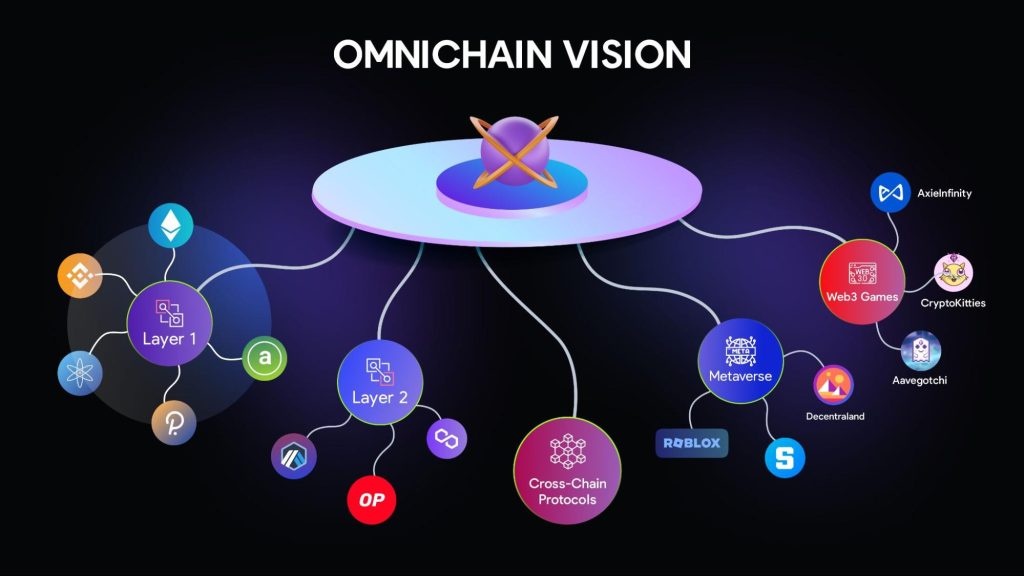
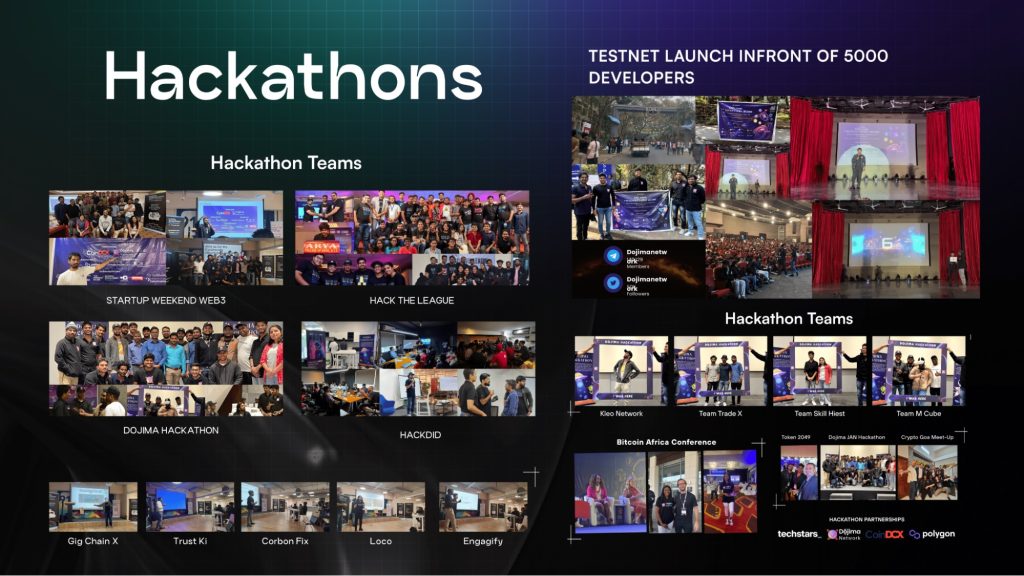
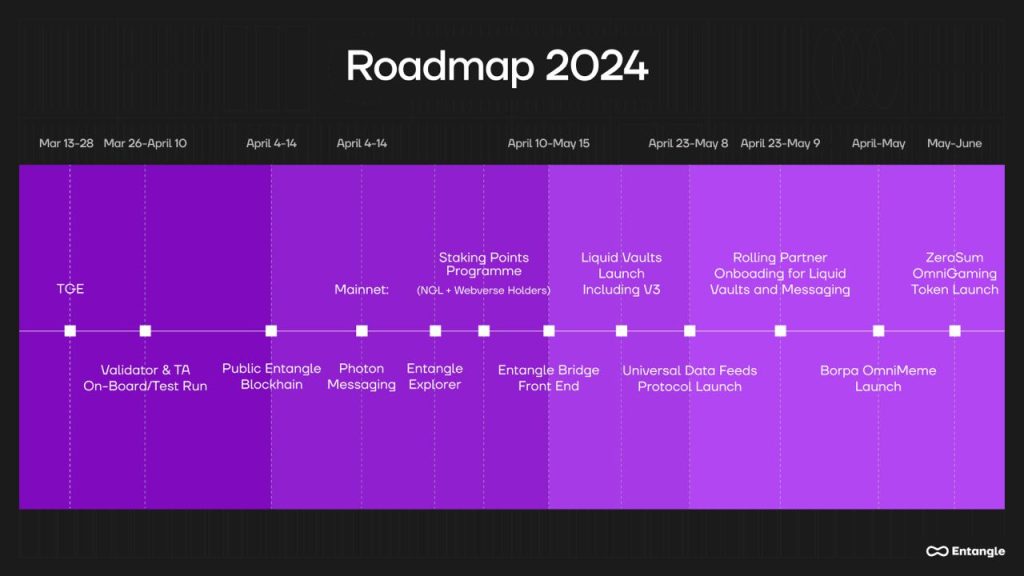
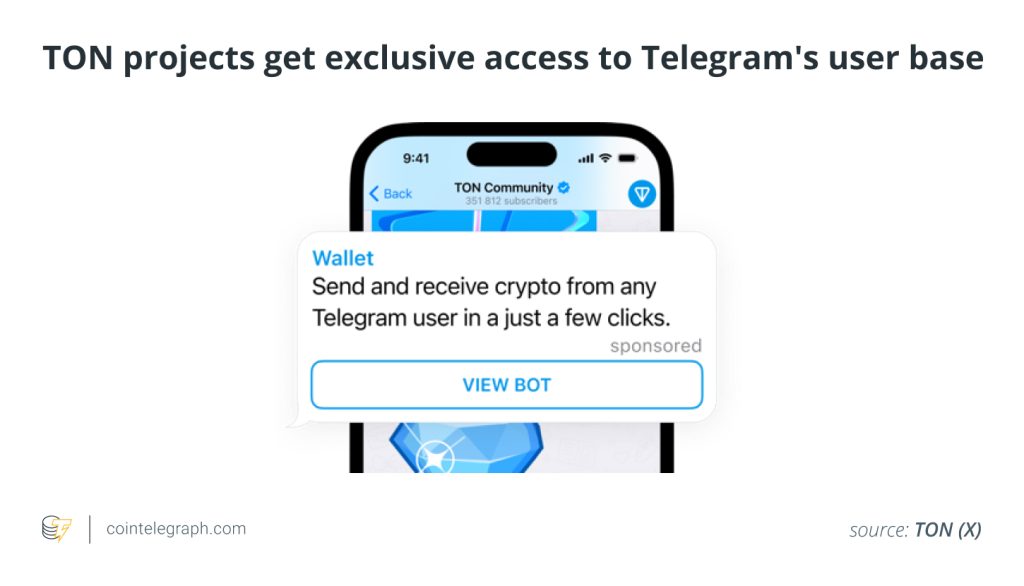

Responses